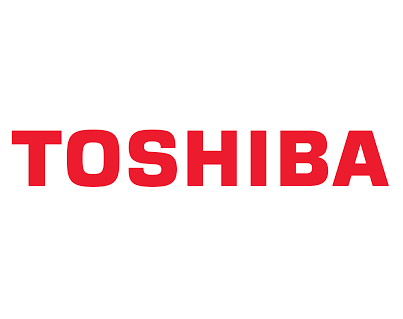Toshiba Reports First Photonic Chip to Deliver Full-Stack Quantum Key Distribution

(SpectrumIEEE) Scientists at Toshiba have developed a photonic chip system capable of virtually uncrackable quantum communications, with enough performance to secure video calls over metropolitan distances and enough stability to continuously operate for days, a new study finds.
Previous research had integrated quantum transmitters and receivers onto photonic chips. However, Toshiba noted this earlier work had not also incorporated the quantum random number generators needed to prove the keys in these encryption systems were truly unpredictable and thus secure.
“Up to now, demonstrations of photonic integrated circuits for quantum key distribution were limited to single components—quantum key distribution transmitters, quantum key distribution receivers or quantum random number generators,” says study lead author Taofiq Paraïso, a research scientist at Toshiba Europe’s Cambridge Research Laboratory in England.
Now Paraïso and his colleagues have created a secure quantum communication system that combines quantum transmitter and receiver microchips with a chip-based quantum random number generator that operates at a rate of 4 billion bits per second.
All these photonic chips were manufactured using conventional semiconductor processes, which Toshiba notes can help lead to mass deployment of quantum communications. These semiconductor circuits were also much smaller and lighter than the fiber-optic counterparts typically used in quantum key distribution, and consume less power as well.



















